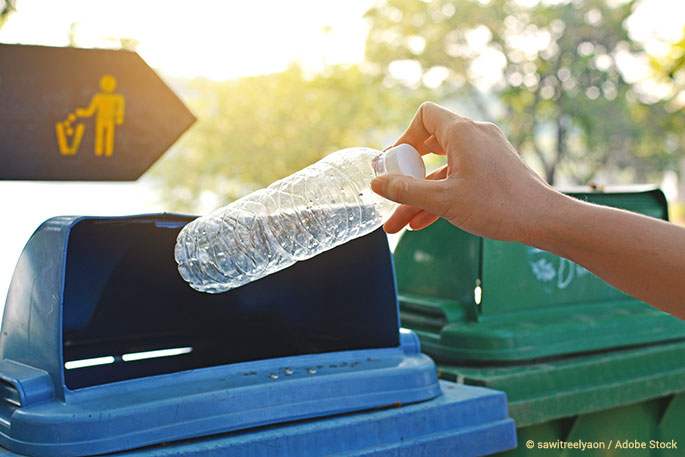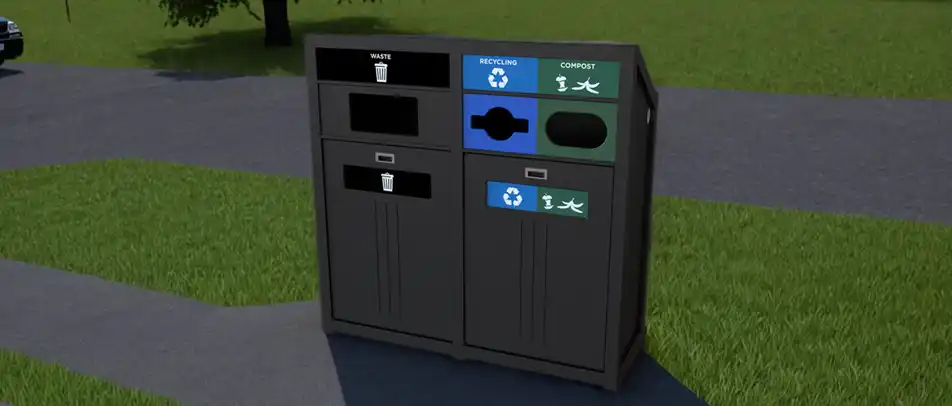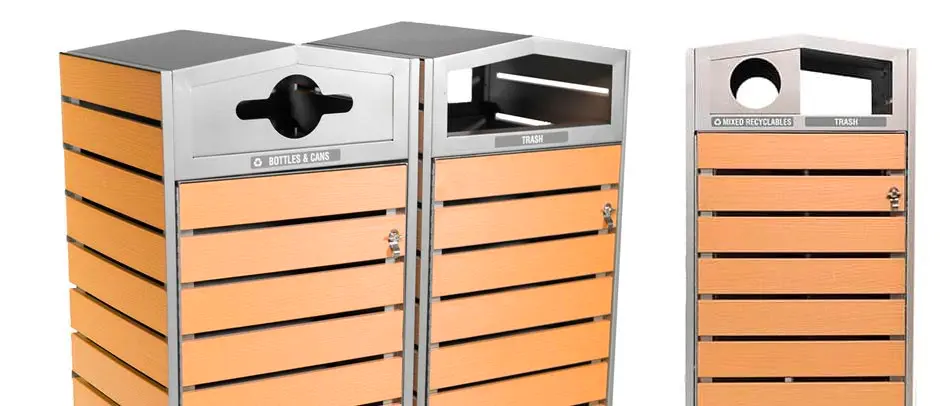
While on the move, whether driving or walking, running or biking, carrying a water bottle remains a staple accessory for yoga-pants wearing health-gurus and flannel-rocking hipsters alike. For personal health, there really is no better way to maintain hydration and managing appetite than a having a constant spigot of pure, ice-cold water by one’s side. It is among this community of hyper-hydrated water-loving pH7s that the age-old battle rages on: bottled or tap?
First, let’s start with the claim that bottled water is more pure, better tasting, and sourced from easily marketed areas such as glaciers or “mystical, remote, untouched springs.” A revealing 1999 study from the National Resources Defense Council (NRDC) tested over 1,000 samples from 103 different brands of bottled water including Aquafina and Dasani, and found that “an estimated 25% or more of bottled water is really just tap water in a bottle.” What does this mean? Well, it means that while many people turn to bottled water as a “healthier and tastier” choice compared to tap water, in reality, they are simply drinking a more expensive, apparently more pretentious version of the water they could be getting at home for a fraction of the cost. Chalk this up to brilliant marketing. Who wants to drink boring well or municipal water when there is “Pure water, Perfect taste” conveniently available at every local shopping center and vending machine? Well, apparently the citizens of New York City. According to a study by Showtime Television, TV hosts found that 75% of NYC residents involved in the study actually prefer tap water in a blind taste test. While taste is certainly subjective, it’s safe to say that most folks would agree that an indistinguishable taste coupled with an outrageous price gap renders bottled water pointless when compared to tap.
What about the claim that bottled water is healthier, subjected to further filtering techniques? Taste might be a subjective concept, but purity is not. Interestingly, bottled water is technically classified as a “food” and is actually regulated by the FDA, while the EPA regulates tap water. “So what, if it’s water, the two should be under the same scrutiny.” Not true. The EPA mandates that local water treatment plants provide its citizens with the source of their water as well as any and all testing results; bottled water is not held to this same standard. Municipal water systems must test several times each day, while bottled water is held to a weekly standard. Remember that 1999 NRDC study that concluded that around 25% of bottled water is just glorified tap water? Well, that same study also found that 18 of the 103 brands tested had “more bacteria than allowed under microbiological purity guidelines.” This fact, along with the finding of about 1/5 brands testing positive for synthetic chemicals like phthalate (common in the plastic used by these bottling companies), supports the assertion that not only is bottled water no better than tap water, but it may actually be healthier to go with the tap water.
Finally, let’s discuss practicality. We’ve already covered how convenient it is carrying a water bottle with us throughout the day. There are really only two options; disposable, soft plastic or reusable hard plastic/metal/wood. Pre-bottled water bought from a store may seem like a convenient way to down some H20, but is it really? Think about this: the average pre-bottled water drinker uses nearly 170 plastic bottles per year, as opposed to simply carrying around a single reusable bottle. Environmental impact aside, cashing out even just $5.00 a day on one or two plastic water bottles amounts to an overwhelming $1,800 a year – a reusable bottle that will last upwards of 10 years costs $10.99. Not only will Mother Earth thank you, but so will your wallet.
In short, from both an economical and environmental point of view, there is simply no better choice for consuming the most essential ingredient to life. Not only is tap water easier to access, regulated more heavily, and apparently tastier, but it’s also cheaper; a point not missed by many penny-pinching Americans. Even with the purchase of a water filter, the cost of consuming water is dramatically lower. Filters provide the best taste and the best health, removing more contaminants than any other method as it is uniquely designed to work with municipally treated water. So, recycle those crunchy, wasteful plastic bottles for a healthier, sustainable alternative.




































































































































 Three Ways to Engage Teams and Clients to Maximize Your Recycling Program Engagement
Three Ways to Engage Teams and Clients to Maximize Your Recycling Program Engagement  How to Integrate Accessibility Into Your Sustainability Planning
How to Integrate Accessibility Into Your Sustainability Planning  Why Park Benches Can Promote Workplace Well-Being
Why Park Benches Can Promote Workplace Well-Being 
